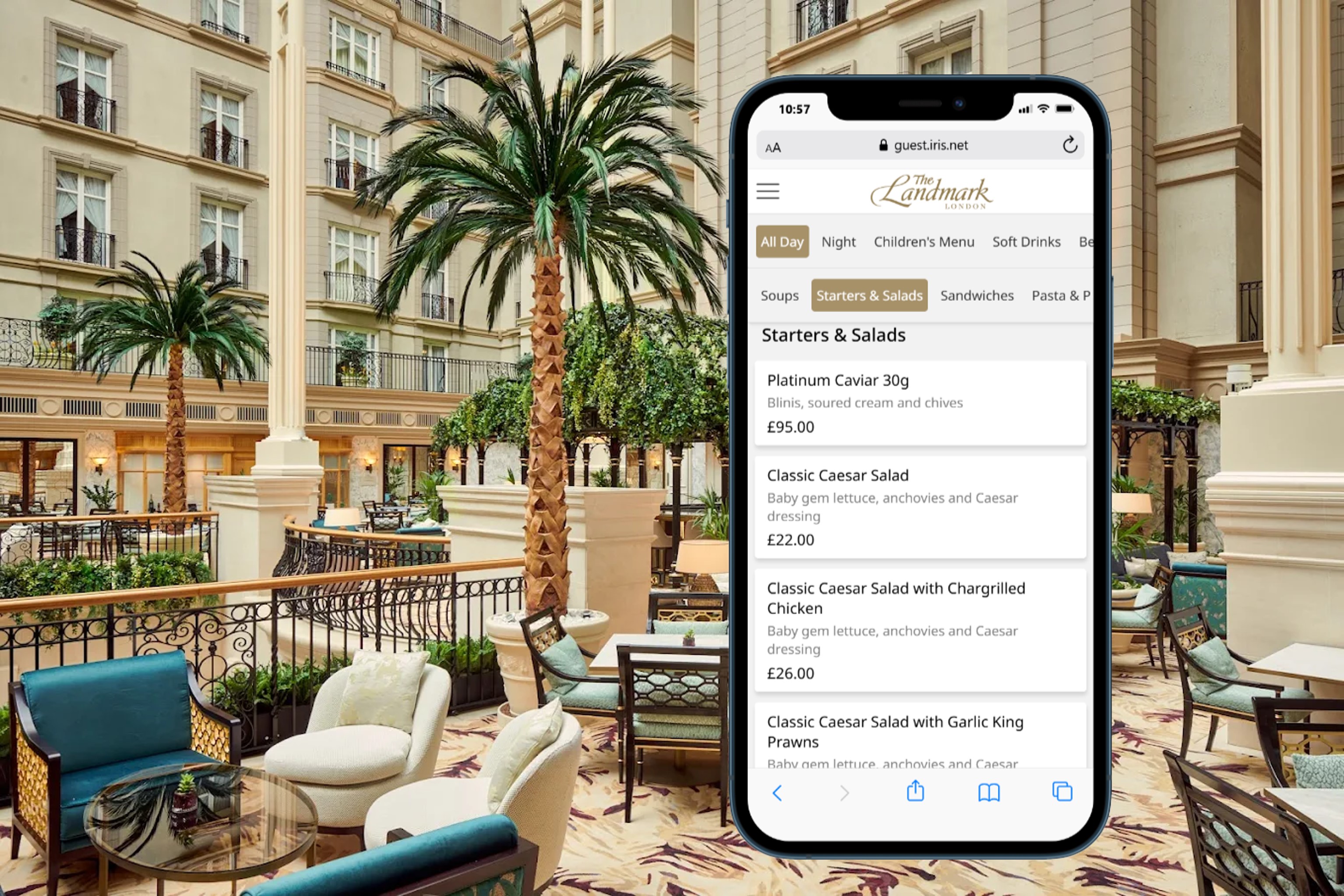

"Heads in beds." While occupancy is undoubtedly crucial for a hotel's revenue success, it's just one piece of the puzzle. Yet, it's hard to deny that low occupancy levels can significantly impact revenue potential.
Here are 7 Effective Strategies to Boost Occupancy:
1. Shift from "Yield Management" to Revenue Management
While focusing solely on maximizing revenue during high-demand periods seems logical, it can sometimes lead to short-term gains overshadowing long-term benefits. By strategically managing bookings, emphasizing longer stays on peak nights, hotels can optimize occupancy without compromising overall revenue.
2. Encourage Direct Bookings
Building a robust direct booking engine isn't an overnight task, but it pays off in the long run. Offering incentives like discounted rates, complimentary amenities, or loyalty program perks can entice guests to book directly, reducing acquisition costs and fostering customer loyalty.
3. Develop Unique Package Offerings
Transforming a stay into an experience can be a game-changer. Tailored packages, such as themed tours or romantic getaways, not only attract guests but also enhance their overall satisfaction. Experimentation is key here; by testing and refining different offerings, hotels can find what resonates best with their guests.
4. Harness the Power of Personalization
Leveraging guest data enables hotels to personalize their offerings effectively. Whether it's sending targeted promotions based on previous stays or adding personalized touches during a guest's visit, these efforts can significantly enhance the guest experience and drive loyalty.
5. Strategic Positioning of Room Types
Rather than solely competing on price, hotels can differentiate themselves by strategically positioning their room types. Offering premium rooms as an alternative to competitors' standard offerings can attract discerning guests looking for added value.
6. Optimize Booking Channels
While direct bookings are valuable, hotels shouldn't overlook other distribution channels. Collaborating with OTAs, local businesses, and tour operators can expand reach and attract new guests. Building strong local networks can also lead to mutually beneficial partnerships.
7. Implement Dynamic Pricing Strategies
Fixed pricing may result in missed opportunities. Dynamic pricing, enabled by advanced revenue management tools, allows hotels to adjust rates in real-time based on demand and market conditions, ensuring competitiveness and maximizing revenue potential.
By implementing these strategies, hotels can not only boost occupancy but also foster long-term growth and success.
-(1).jpg)






